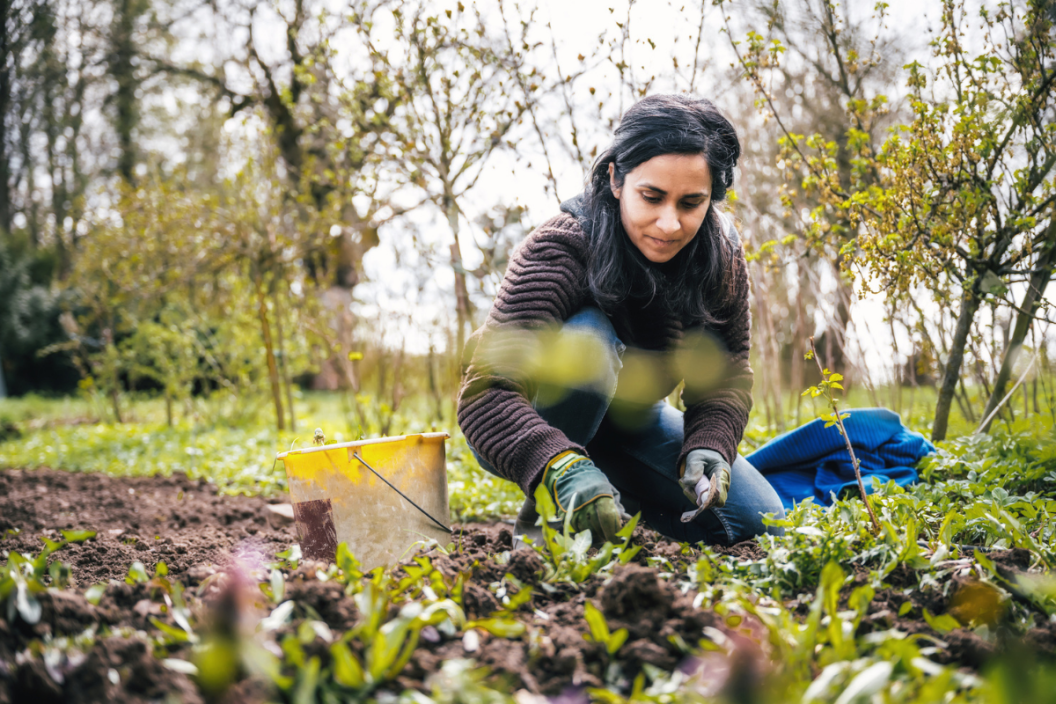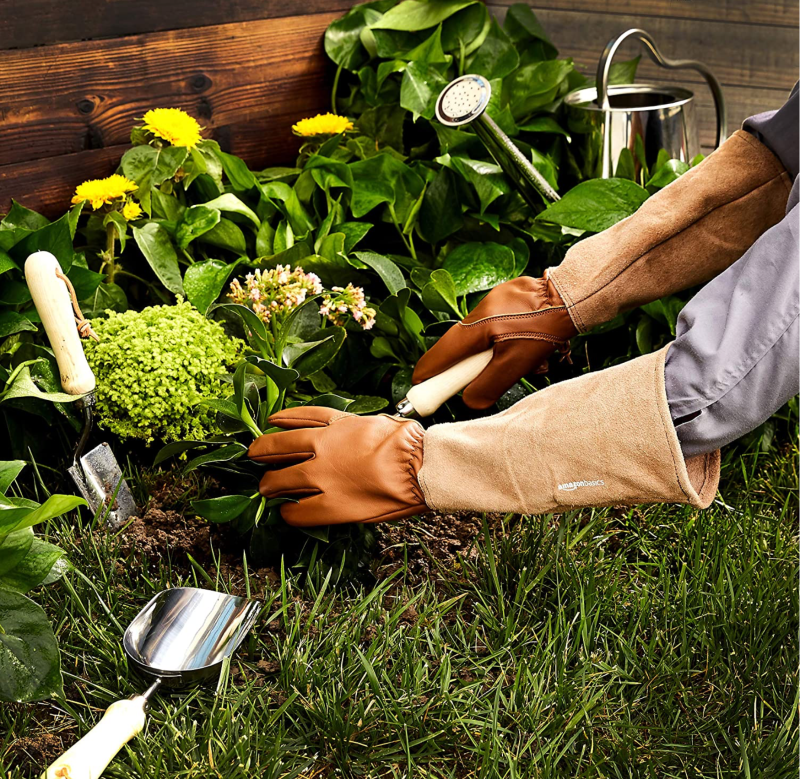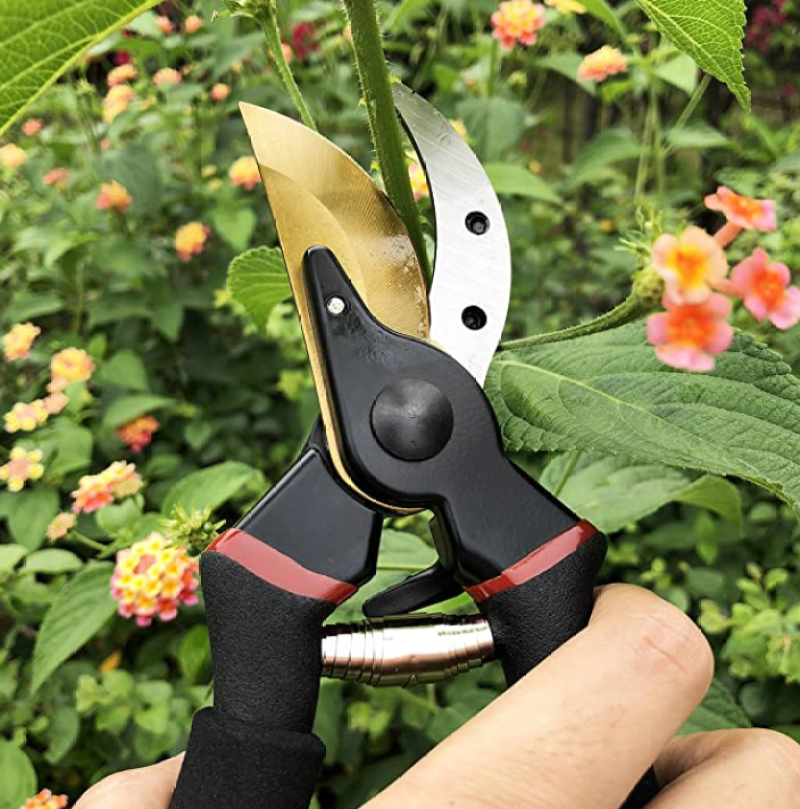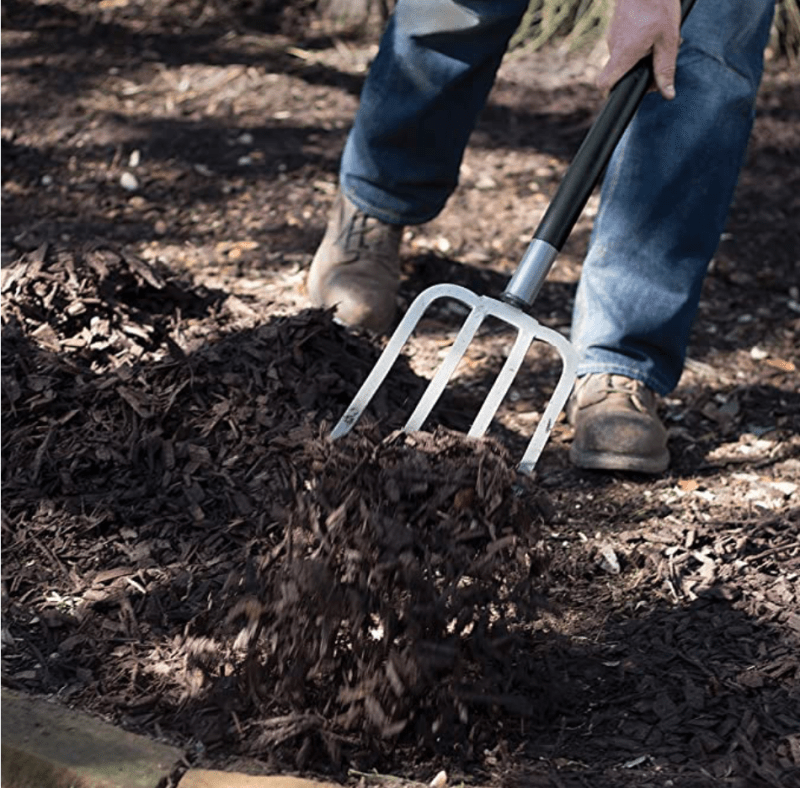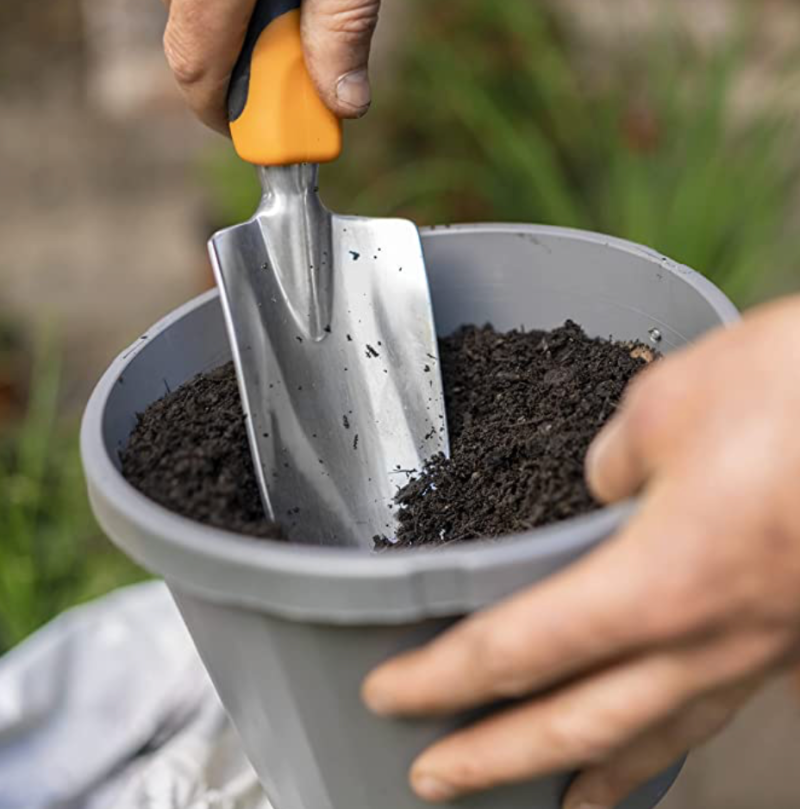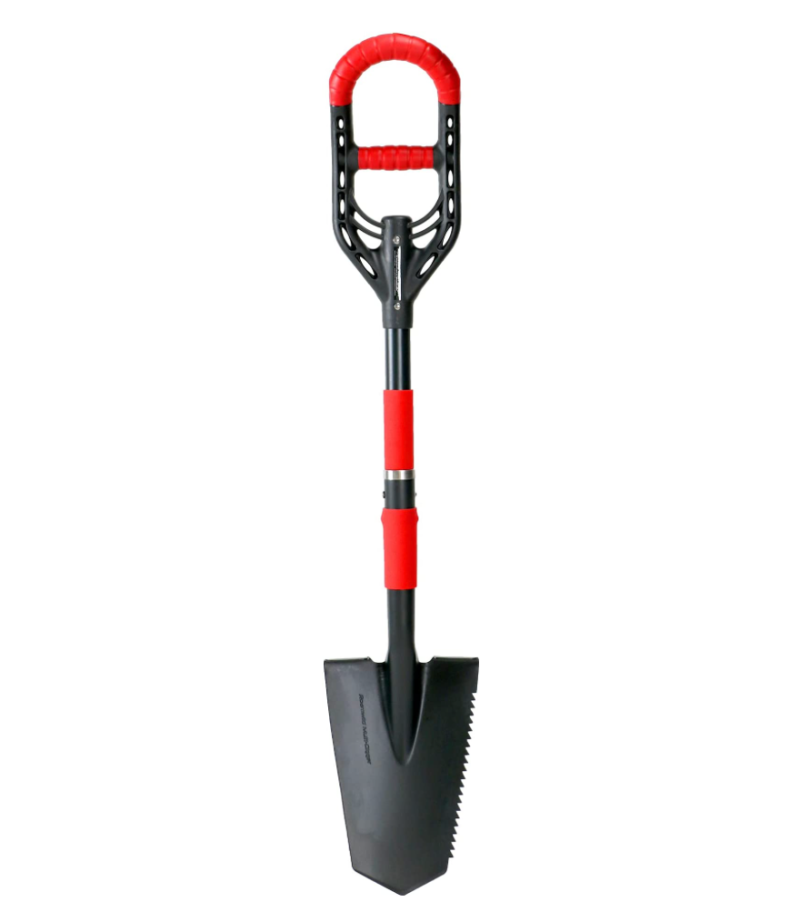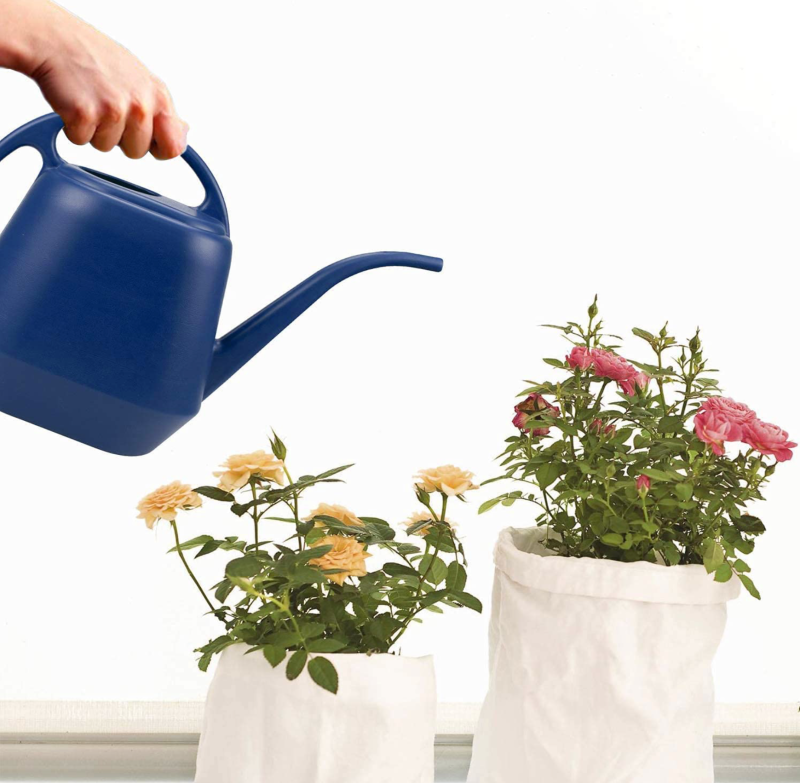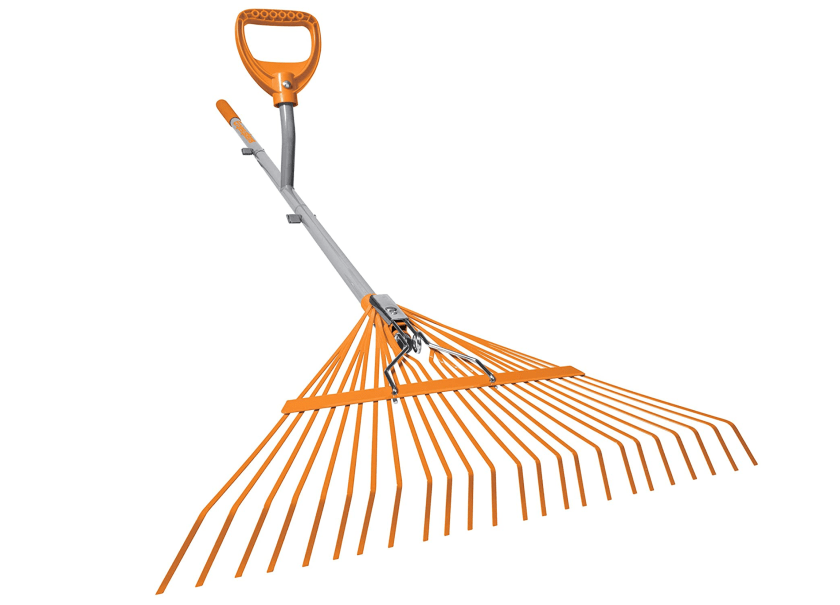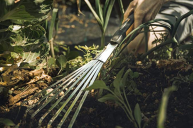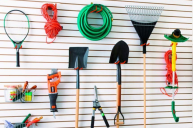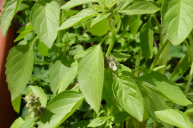Starting a garden is one of the best things you can do for your physical and emotional health, from providing fresh veggies to giving a reason to spend time outside. Few things are more rewarding than planting seeds and then watching your plants flourish until they're ready to be harvested. Whether you're a novice gardener or an experienced one, having the right gardening tools is essential to keeping a successful garden.
Videos by Wide Open Country
Gardening has been shown to improve mental and emotional health in many ways. Being in nature improves mood, making you feel more peaceful and reducing stress. It also improves self-esteem and lengthens your attention span. Along with these benefits, growing your own fresh vegetables, fruits and herbs allows you to enjoy natural, fresh ingredients rather than ones that have been shipped long distances and stored for days.
Growing a garden is also great for your bank account and can be an excellent way to save money. A study by the national Gardening Association shows that an average garden plot produces $300 worth of fresh produce, which makes this hobby more than worth your while.
There are a number of essential gardening tools that every gardener needs to start and maintain a garden. Having the right tools helps the process of gardening go smoothly for beginners and reduces the chance of injury. Along with deciding where to put your garden beds and choosing the plants you want to grow, getting all of the necessary gardening supplies is a key part of growing a garden. Here are 7 indispensable gardening tools to use in your garden this spring.
1. Gloves
Gloves are a no-brainer when it comes to gardening tools, and are often the first tool any gardener buys. As wonderful as gardening is, it can be painful and uncomfortable without the right pair of gardening gloves. Look for durable gloves that are made of water-resistant, breathable fabric. They should be thick enough to protect your hands but not bulky.
Gloves should also fit well, snugly but not too tight. Wearing gloves that are the wrong size can cause blisters or make your gardening experience frustrating when transplanting seeds and digging holes. Keep garden gloves in a safe, dry place out of sunlight and safe from insects.
2. Pruning Shears
Pruning shears are another essential part of any gardening tool set. Hand pruners, also called secateurs, are important for snipping plants that are taking over the garden or growing too big. They come in two types- anvil pruners and bypass pruners. Anvil pruners are made for dead wood and can cause injuries to fresh stems and branches.
Bypass pruners are best for live plants and green wood, so these are the kind to buy for growing a fresh vegetable garden. Look for pruning tools that fit perfectly in the palm of your hand, and make sure to sharpen then regularly for cleaner cuts. Here's more information for how to care for your garden tools at Garden Design.
3. Garden Fork
Another basic garden hand tool for starting a garden is a garden fork. These are important for turning soil and scooping mulch, and they can dig into denser soil than a spade. Garden forks with curved tines are best for scooping mulch and turning compost piles, while straight tines are best for digging into compacted soil. Look for a garden fork with stainless steel, square tines for the best strength and durability.
4. Hand Trowel
Garden trowels are another important hand tool for home gardening, ideal for transplanting plants and removing weeds. They're essential for removing small plants from your garden bed, digging into soft soil, slicing through root systems, and scooping dirt into a pot. It's important to find a hand trowel that fits comfortably in your hand to avoid blisters.
5. Spade
Spades may seem similar to hand trowels to someone who's just starting their gardening journey, but they actually fit a different set of gardening needs. Spades are essentially heavy-duty hand trowels or small shovels, ideal if the type of garden you're creating involves moving mounds of dirt and digging large holes.
This landscaping tool is best for dealing with hard ground, heavy dirt, planting large plants or digging ditches. It's typically stronger than a hand trowel and has a long handle, making it the better choice when creating a new garden plot or rejuvenating a neglected gardening area.
6. Watering Can
Since watering your garden is one of the most basic elements of keeping your plants alive, having an easy way to water your plants is indispensable when growing a garden. If you have a long hose or sprayer, these can suffice, but if not, a watering can is one of the first things you'll need for your garden. Watering cans can be found on Amazon or in the home and gardening section of stores.
7. Leaf Rake
A good garden rake is crucial for those who live in a woodsy area. Leaves and debris covering your plants is a surefire way to kill your garden, blocking sunlight and crowding the space in your garden. To avoid this, it's best to own a rake so that you can effectively clear your garden of leaves when they start to fall.
